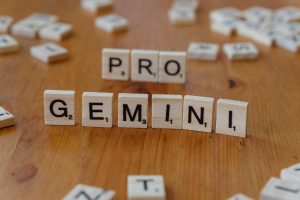My big belief is that we’ll be able to generate full length movies with AI very soon
The Future of Filmmaking: AI Revolutionizing Movie Production and Visual Effects
As technology continues to evolve at a rapid pace, the idea of generating full-length movies entirely with artificial intelligence is becoming increasingly plausible. Imagine a future where children grow up simply describing their movie ideas, and AI tools bring those visions to life within minutes. This shift has been on the horizon ever since the inception of groundbreaking tools like DALL-E, and with advancements like VEO 3, this vision is edging closer to reality.
In the current entertainment landscape, we’re already witnessing AI making significant impacts, particularly in the realm of visual effects (VFX). Many Hollywood studios are beginning to automate parts of the VFX process through AI-driven solutions, streamlining workflows and reducing costs. The progression suggests that, soon, AI could handle the entire spectrum of visual effects creation, with human artists primarily overseeing and managing these processes rather than executing them manually.
The financial implications are notable as well. Major streaming services like Netflix have reported substantial cost reductions by incorporating AI technologies into their production pipelines—cutting VFX expenses by up to 30%. Such savings not only demonstrate the efficiency of AI-driven workflows but also hint at a broader industry shift towards automation in filmmaking.
As these technological trends continue to develop, the film industry is poised for a transformation where creative potential can be realized faster and more affordably than ever before. The era of AI-generated movies might be just around the corner, opening new horizons for storytellers and audiences alike.
For more insights on how AI is reshaping the entertainment industry, check out this recent article: Netflix reduces VFX costs by 30% using generative AI.














Post Comment